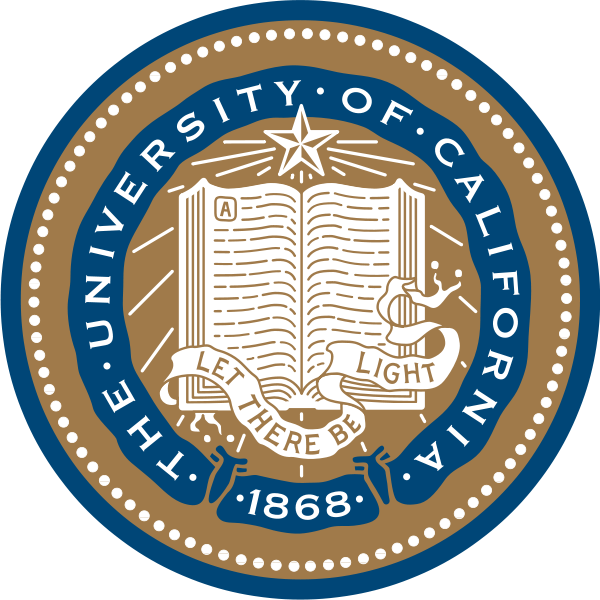A few weeks ago, I attended the most recent University of California Regents’ meeting as a public commentator. Along with with many other concerned students, I stood before and pleaded to the UC Board of Regents to revise the language of their Statement of Principles against Intolerance, a policy statement meant to express their dedication to ending prejudice on campuses. The board neglected to even mention anti-Semitism in the statement, even though anti-Semitism is a significant and prominent form of bigotry currently plaguing the UC. Although many people choose to make light of the situation, we continue to witness anti-Semitism in the University, an institution that prides itself on its progress and tolerance.
At the meeting, we stood as representatives of Jewish students from across all ten UC campuses to have our frustrations heard regarding the recent anti-Semitic incidents that have taken place on several campuses. As a group, Jewish students from across UC campuses testified, “In the last year alone, a Jewish student at UCLA was initially denied a position of leadership based solely on her Jewish identity; AEPi, the Jewish fraternity, at UC Davis was defaced with swastikas; a UCLA freshman walked into Bruin Café to find the phrase “Hitler did nothing wrong” etched into a communal table; and a campus bathroom at UC Berkley was vandalized. The graffiti read, ‘Zionists should be sent to the gas chambers.'”
Liat Menna, a UCLA student, concluded that “the students did a service to themselves and the rest of the Jewish community by highlighting that anti-Semitism and anti-Zionism [are] racism. It is now the UC Regents’ turn to fulfill their responsibility by creating a racist-free environment.”
For years, Jewish students have been victims of anti-Semitism and for years the UC administrative system has turned a blind eye towards anti-Semitism, allowing it to carry on with no adequate repercussions. The Statement of Principles Against Intolerance that the administration created was simply not enough, as it failed to even mention anti-Semitism or any specific form of injustice to those who have experienced it.
Student regent Abraham “Avi” Oved, who is on the eight-person working group regarding the Principles, shared his concern regarding the UC’s failure to implement a proper statement of principles. Oved also described how his mother urged him to remove his Star of David necklace while on campus for his own safety, since she had read an article about a woman in Europe who had been brutally beaten for displaying her Star of David. However, Oved decided to do the opposite of what she said and instead made it a point to wear the star and to wear it proudly. “No one should ever have to feel compelled to hide their identity for fear of repercussion,” Oved stated at the meeting, holding up his necklace for the UC board members and commentators to see.
As Oved proudly held up his Star of David, it struck me: I had been afraid to wear my own Star of David necklace for a couple of years now. It wasn’t because of a lack of pride in my identity; it was a feeling of fear for the repercussions.
After the meeting, in a conversation with Oved, he noted that he was “disappointed, especially with those who have reduced this conversation to be a battle of freedom of speech versus adequate protection of our students. Put simply,” he continued, “everyone has the right to be racist under the First Amendment. But what will be the University’s response to instances of intolerance and bigotry? That’s my issue. Too many communities have been attacked for their identities [for] far too long on our campuses. I will not allow our university to fail our students. I believe that we can protect freedom of speech while also developing an appropriate and nuanced policy that addresses the heart of the issue… I am confident that we are moving forward in a direction that will produce meaningful change.”
Kurt Horner, a member of the UC Student-Workers Union, had a different perspective and attempted to defend the Principles. Specifically, Horner argued for differentiation between anti-Zionism and anti-Semitism. “We need to remember to distinguish between criticizing a government and targeting a religious group,” he said during the meeting.
Horner’s concern for free speech was shared by many Regents, many of whom also noted the need to prevent discrimination and the singling out of any minority. However, attempting to divorce the labels of anti-Zionism and anti-Semitism enables those who try to conceal true anti-Semitism by hiding behind a defense of “only being anti-Zionist.” The Principles, as they were presented at the meeting, failed to take that into account.
The meeting concluded with the announcement by Board Chair Monica Lozano that the board would reconvene to rewrite the Principles. I truly hope that the revisions made will rightly address the injustices that have occurred in the UC system and will make all minorities feel protected.

